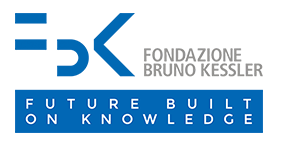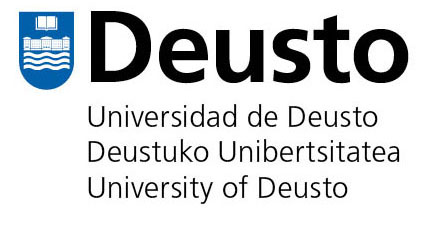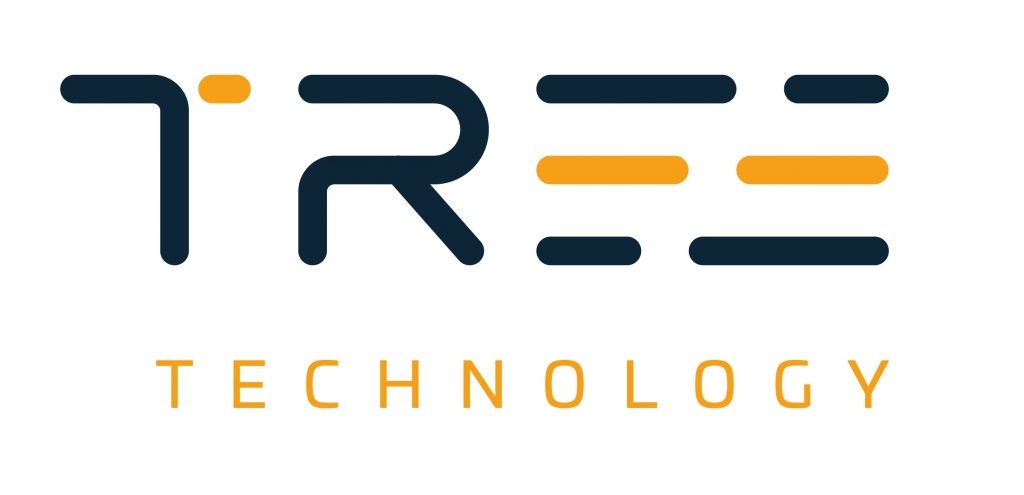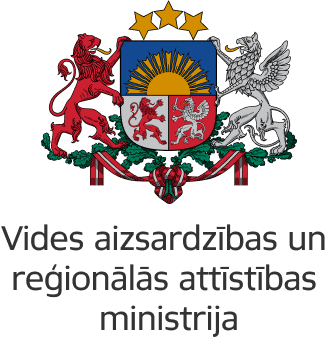INTERLINK EU PROJECT
Innovating goverNment and ciTizen co-dEliveRy for the digitaL sINgle marKet ambition is to develop a new collaborative governance model that promotes the reuse and sharing of existing public services leveraging on the partnership between citizens, private actors, and public administrations
The Interlink collaborative environment is a one-stop assistant for the co-production of public services.
How does it work?
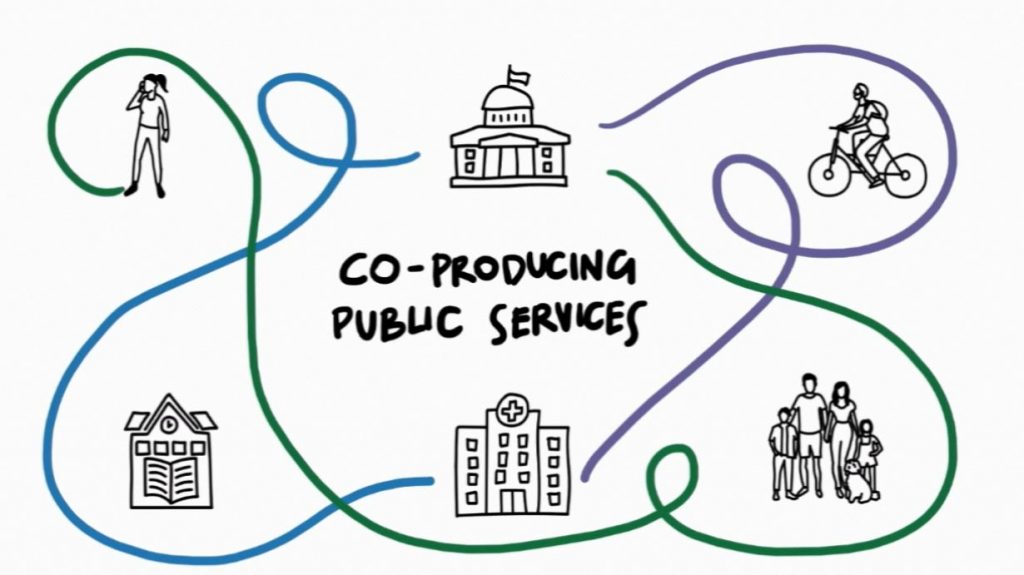
Facts & Figures
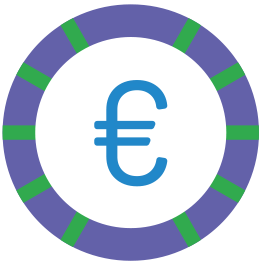

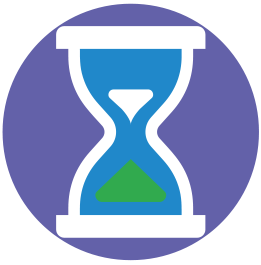
(in months)
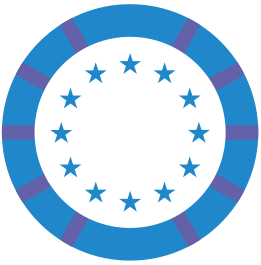
Understand the project
Open Government defines a culture of governance based on innovative
and sustainable public policies and practices inspired by the principles of transparency, accountability, and participation that fosters democracy and inclusive growth.
E-government (Electronic Government) is the use of technological communications devices, such as computers and the Internet, to provide public services to citizens and other persons in a country or region.
Open Innovation is a term used to promote an information age mindset toward innovation that runs counter to the secrecy and silo mentality of traditional corporate research labs.
E-services (Electronic services) are services that use of information and communication technologies (ICTs). The three main components of e-services are- service provider, service receiver, and the channels of service delivery (i.e. technology).
Interlinkers are a set of digital building blocks that implement the defined governance model and standardize the basic functionalities needed to enable private actors to co-operate in the delivery of a service. Interlinkers shall offer interoperable, re-usable, EU-compliant, standardized functionalities for service co-production management.
Co-production is a practice in the delivery of public services in which citizens are
involved in the creation of public policies and services. It is very different from traditional models of service provision because it fundamentally alters the relationship between service providers and users; it emphasizes people as active agents, not passive beneficiaries; and, in large part because of this alternative process, it tends to lead towards better, more preventative outcomes in the long-term.
Results
Lorem ipsum dolor sit amet, consectetur adipiscing elit. Ut elit tellus, luctus nec ullamcorper mattis, pulvinar dapibus leo. Lorem ipsum dolor sit amet, consectetur adipiscing elit. Ut elit tellus, luctus nec ullamcorper mattis, pulvinar dapibus leo.
Lorem ipsum dolor sit amet, consectetur adipiscing elit. Ut elit tellus, luctus nec ullamcorper mattis, pulvinar dapibus leo. Lorem ipsum dolor sit amet, consectetur adipiscing elit. Ut elit tellus, luctus nec ullamcorper mattis, pulvinar dapibus leo.

pilots

Spanish use case
Zaragoza will adopt the Interlink governance framework to widen Open Innovation within the city. The framework and set of enablers made available within Interlink will provide holistic support for sustainable Open Innovation in the co-creation and co-delivery of services.

Latvian use case
The goal of the Latvian Ministry of Environmental Protection and Regional Development Customer Service Centers’ use case is to test sharing service delivery with third parties to improve public services.
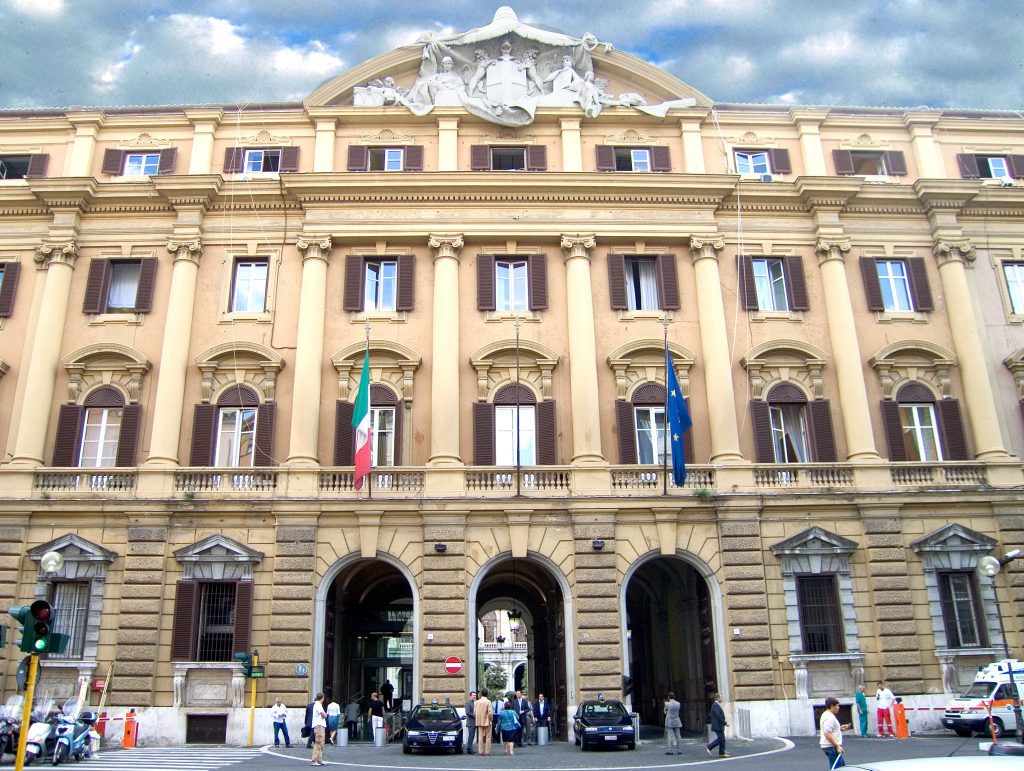
Italian use case
The Italian Ministry of Economy and Finance will leverage on the Interlink platform and its components to co-design and co-create a new Participatory Strategic Planning Module (PSPM) mock-up open to other Public Bodies. The PSPM will aid in strategic planning tasks and provide an open repository of good practices.

Piloting activities in Latvia, Spain, and Italy
We are going to test the Interlink solution through proof-of-concept experiments in the PAs of Italy, Latvia, and Spain.

About Reggio Emilia (Italy) participatory governance model
Exploring our pilot on the Municipality of Reggio Emilia and its long-term dedication in collaborative public production projects and participatory methods services.
News & Events

Splitech 2024 – Go for future
Splitech 2024 – 9th Conference on smart and sustainable technologies. June 25-28
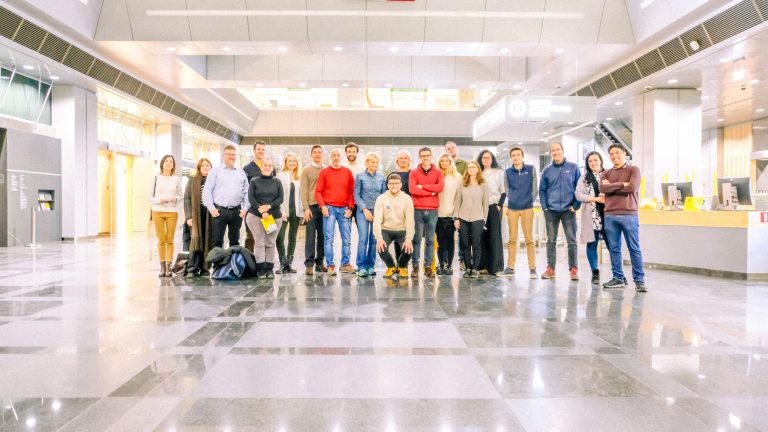
Interlink Revolutionizes Public Service Co-Production and Community Building with groundbreaking Collaborative Environment
INTERLINK emerges as a transformative force, not only in co-production strategies but also in building vibrant and engaged communities committed to shaping the future of public services.

Democritising the co-production of public services with a Collaborative Environment
Interlink Newsletter #4
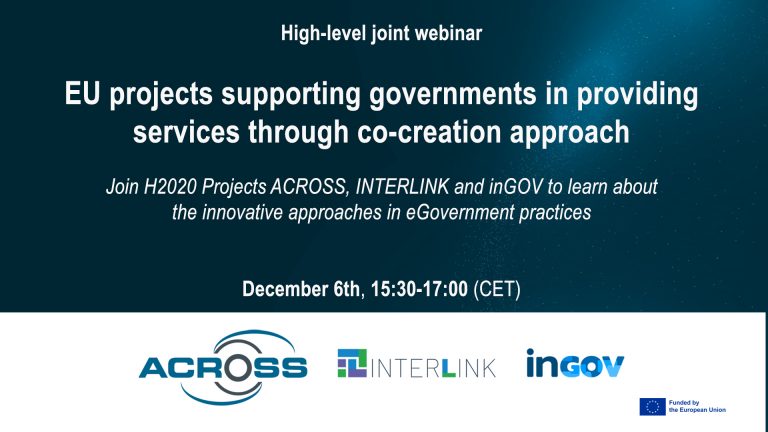
ACROSS, Interlink & inGOV Joint Webinar
EU Projects 4 eGOV – ACROSS, Interlink & inGOV Joint Webinar

Splitech 2024 – Go for future
Splitech 2024 – 9th Conference on smart and sustainable technologies. June 25-28

Interlink Revolutionizes Public Service Co-Production and Community Building with groundbreaking Collaborative Environment
INTERLINK emerges as a transformative force, not only in co-production strategies but also in building vibrant and engaged communities committed to shaping the future of public services.

Democritising the co-production of public services with a Collaborative Environment
Interlink Newsletter #4

ACROSS, Interlink & inGOV Joint Webinar
EU Projects 4 eGOV – ACROSS, Interlink & inGOV Joint Webinar

